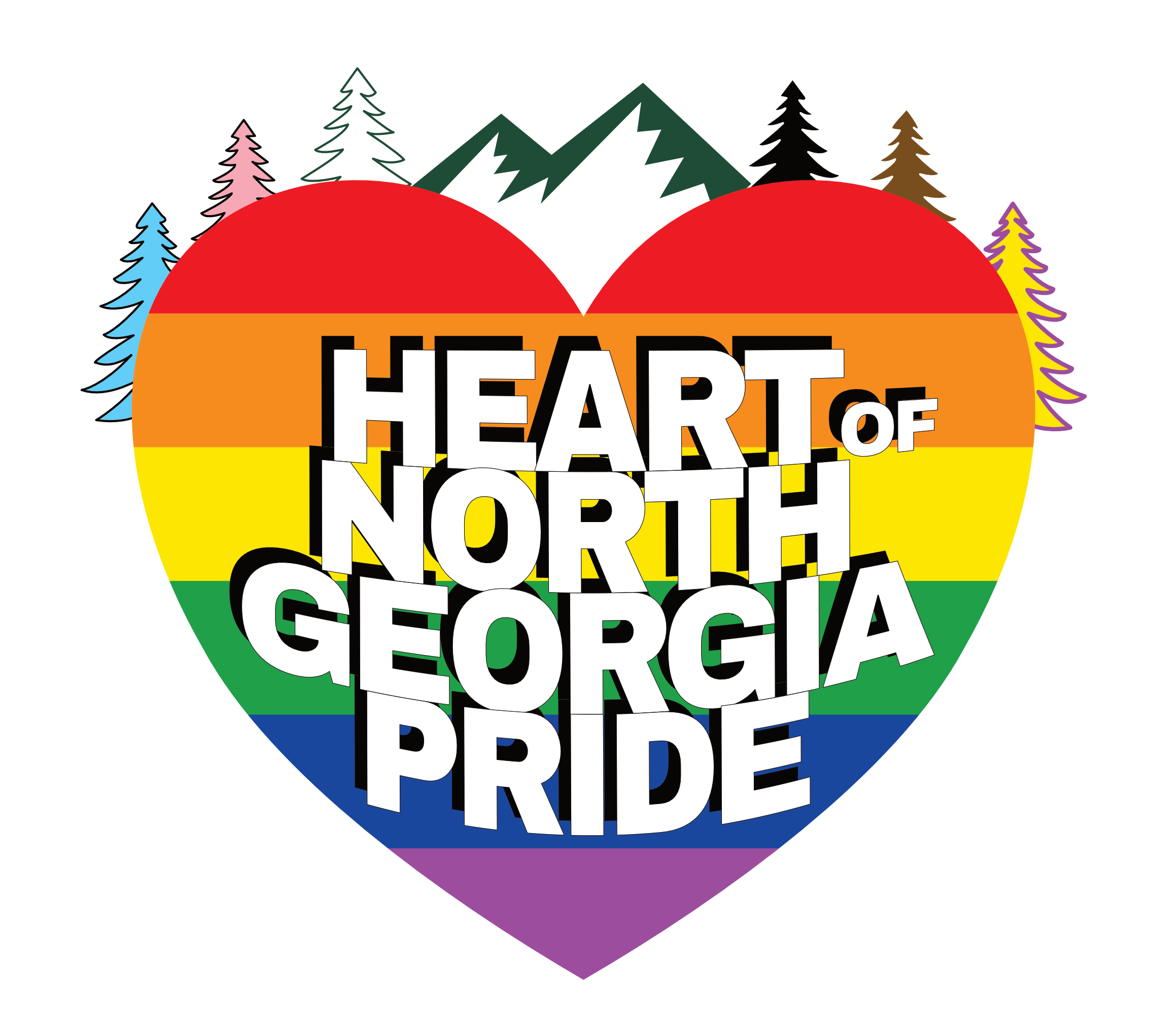Georgia has made important gains in LGBTQIA+ rights over the years — but there are also major challenges, laws under threat, and vulnerable people whose lives are deeply affected. Advocacy is more important now than ever. Here’s a look at where things stand, what’s at risk, and how to take action.

Where Things Are Now
- Same-sex marriage is legal in Georgia in line with the U.S. Supreme Court’s Obergefell v. Hodges. Wikipedia
- Hate crime protections: In 2020, Georgia passed a state law that explicitly includes sexual orientation under hate crime provisions. Wikipedia
- There is no statewide non-discrimination law in Georgia that comprehensively protects LGBTQIA+ people in private employment, housing, or public accommodations. Georgia Equality+1
- Local protections do exist in some municipalities/counties. A small percentage of the population lives under ordinances that offer full protections; more live under partial protections. LGBT Map+1
- In 2025, Georgia passed Senate Bill 1 (also known as the Riley Gaines Act) which restricts transgender women from playing on women’s sports teams, among other gender policy changes. Wikipedia+1
What’s at Risk & Where Advocacy Is Needed
- Without comprehensive state laws, protections vary a lot depending on city/county. This leaves many people vulnerable to discrimination, harassment, or being denied basic services.
- Transgender healthcare, especially for minors, continues to face legal challenges and restrictions. Wikipedia+1
- Policies and bills can move quickly. Regulations about gender identity, sports participation, facilities (like restrooms or locker rooms), and changing official documentation are frequent targets for new legislation. Advocacy must be proactive, not just reactive.
How to Advocate Effectively
Here are concrete steps individuals and groups can take to make real impact:
- Know your local context
- Find out whether your city or county has non-discrimination protections. If not, that’s a place to start.
- Stay current on bills being proposed in the state legislature. Legislation like SB 1 shows how fast things can shift.
- Tell your story
- Personal stories are powerful. When contacting lawmakers, sharing how issues affect real lives carries more weight than abstract arguments.
- Use media (local newspapers, social media, podcasts) to amplify voices from the community, especially those less heard.
- Build relationships with elected officials
- Even officials who don’t yet support LGBTQIA+ rights may listen if approached respectfully, with constituent feedback.
- Attend town halls or local government meetings. Make your presence known.
- Partner with trusted organizations
- Groups like Georgia Equality, ACLU of Georgia, and local community centers have knowledge, advocacy infrastructure, and reach. Working together strengthens impact. Georgia Equality+1
- Leverage toolkits and resources these orgs provide for communicating effectively. Georgia Association of Educators+1
- Use legislative tools
- Vote. Electing people who support equitable protections matters.
- Sign or circulate petitions.
- Testify at public hearings. Many bills require periods of public comment or hearings, and citizen testimony influences outcomes.
- Raise awareness & change culture
- Education in schools, workplaces, and community spaces helps reduce discrimination and stigma.
- Support or initiate training programs about inclusive practices and gender identity in workplaces, health care, etc.
- Visibility — events, celebrations, art, public statements — matters for building solidarity and awareness.
- Support mutual aid and direct support
- While policy change is crucial, many LGBTQIA+ people also need immediate support: legal services, affirming healthcare, mental health, housing, etc. Volunteering or donating to local resource organizations helps.
What Each of Us Can Do Right Now
- Find your Georgia state legislators and contact them about passing strong state-level non-discrimination protections.
- Join or volunteer with local groups working on LGBTQIA+ rights.
- Share accurate, respectful information to dispel myths about LGBTQIA+ lives.
- Raise your voice when you see injustice — in your local community, on social media, or in your personal circles.
Hope & Momentum
The fight for equity in Georgia has seen victories: legal marriage, protections in some jurisdictions, increasing awareness of LGBTQ issues. Each step matters. Advocacy isn’t just about reacting to bad laws — it’s about building a culture where everyone is respected, seen, and safe.

